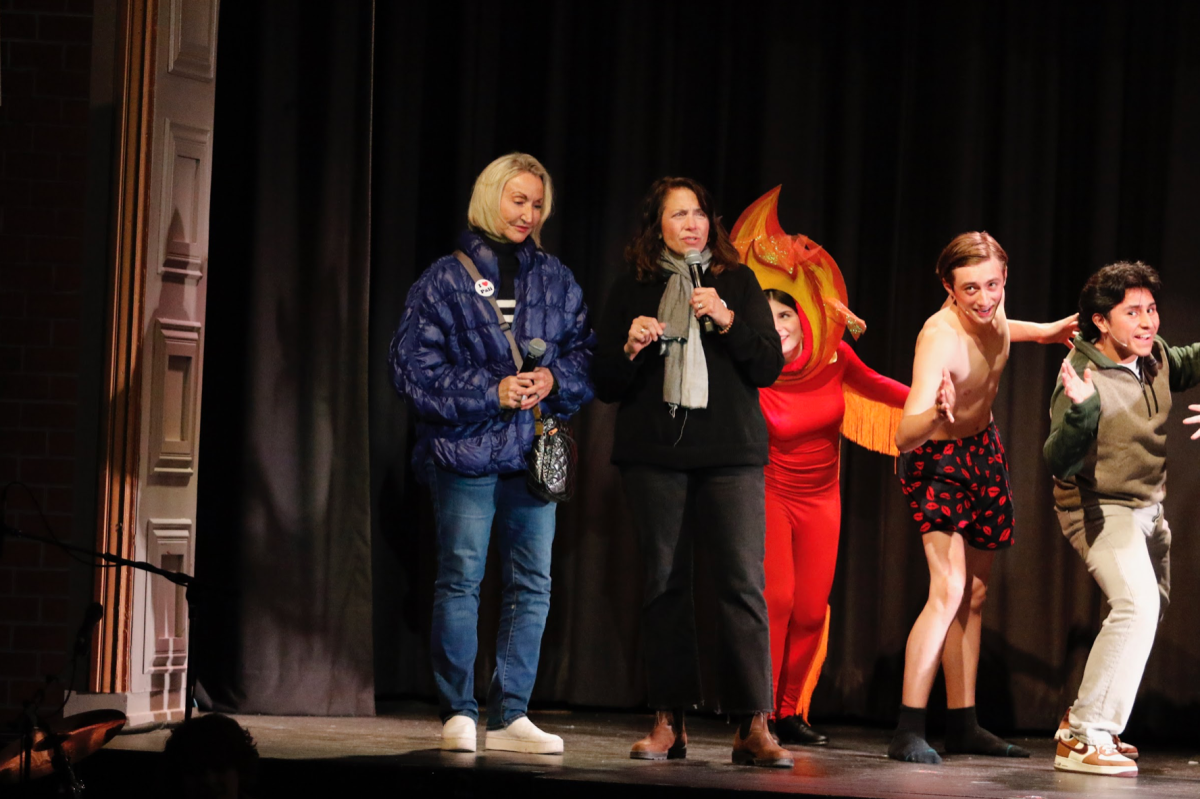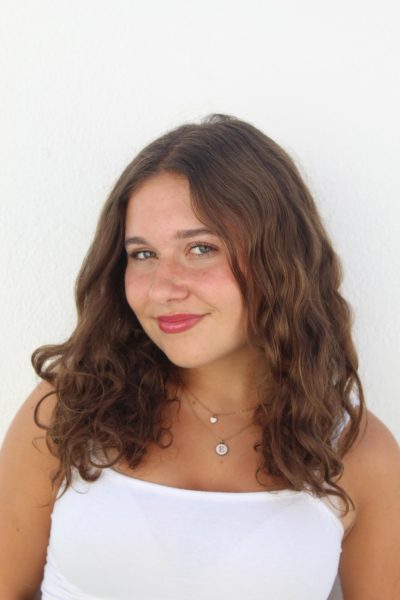In an attempt to bridge the educational divide between schools in Africa and the United States, some students at Pali High launched the Vivaio Empower Club, which seeks to provide specialized education to students in Africa.
Club president and founder Alexios Stamatelopoulos said the inspiration for the club came from his parents’ company, Vivaio Days, which donates proceeds from their sustainable beauty line to aid the founding of new schools throughout Africa.
His planning began as an extracurricular project during winter break in 2023, but transformed into a club at Pali in the fall 2024.
“I reached out to a lot of parents, friends’ parents, business partners, and was able to get the first 8,500 dollars through [a] GoFundMe campaign,” Stamatelopoulos said. “[I] bought computers, tested computers [and] built a network so it would be easier for [schools in Africa] to connect. In March, I flew to Africa for a week, set up the first computer lab and connected with the kids.”
After returning to the United States, Stamatelopoulos established the club, recruiting a team to begin arranging Zoom meetings with other African schools, specifically in Uganda. Aside from Stamatelopoulos, Vivaio Empower’s leadership consists of seniors James Ball, Nikhil Bhasin, Jonathan Fuhrman and Alexander Baski.
Stamatelopoulos says that their leadership team arranges Thursday meetings with their partnered schools in order to administer a weekly curriculum. This tailored curriculum combines the teams’ interests, such as music and sports, with more general knowledge, such as history and English.
“We’ll wake up at around 6 a.m., which is around 4 p.m. for [the African schools], do some practice, join a Zoom meeting with them at 6:30, share our screen and [then] the presenter presents,” Stamatelopoulos explained. “We try to make each presentation as interactive as possible; we specialize the content based on grade level and implement a lot of questions to encourage student input.”
Baski, head of fundraising and curriculum development, said he enjoys integrating his passions into content that is relevant to the general knowledge of the students.
“I have made a curriculum on different cultures and communication skills,” Baski said. “This is an opportunity to not just teach core academic subjects but also delve into subjects which we are passionate about.”
Bhasin, Head of Outreach, emphasized that the students are not the only ones learning from this experience.
“As much as we teach them, we’re also learning from them,” he shared. “They teach us about their culture, what they value and their enthusiasm about school.”
The club’s long term goals consist of working with more schools in Africa and starting chapters at schools across the United States.
“We have around four schools at the moment in Africa that we work with and in the next three to four months, we’d like to expand that to about ten, with each school containing about 500 students [with] 25-30 students per Zoom class,” Stamatelopoulos said.
Stamatelopoulos hopes to recruit more underclassmen who can assume leadership positions within Vivaio Empower as the current leadership team of seniors approaches graduation. However, he said that he hopes to continue this project throughout his college career and would like to expand the club to facilitate a pen pal program between the African elementary school students and those in Los Angeles.
“The whole journey [has been] eye-opening,” Stamatelopoulos said. “I built the first computer lab, came back here to the U.S., and ever since then we’ve been doing weekly sessions with them on extracurricular topics.”
According to Fuhrman, Head of Digital Media, the students in Africa represent a culture centered around an appreciation for education, making the work of Vivaio Empower more fulfilling.
“One time we were talking about who our role models are and they seemed like they really appreciated their educators and teachers, which is a really unique dynamic compared to what we might have in the United States,” he described.
Fuhrman added that the club allows members to gain a diverse perspective in regards to education.
“You get a whole different perspective when you get to talk to these students and you can really see their curiosity,” he said.








